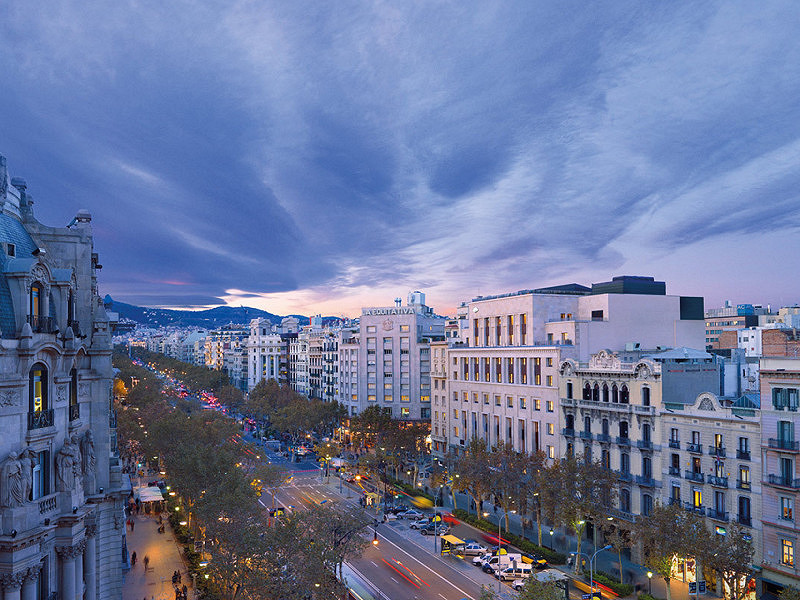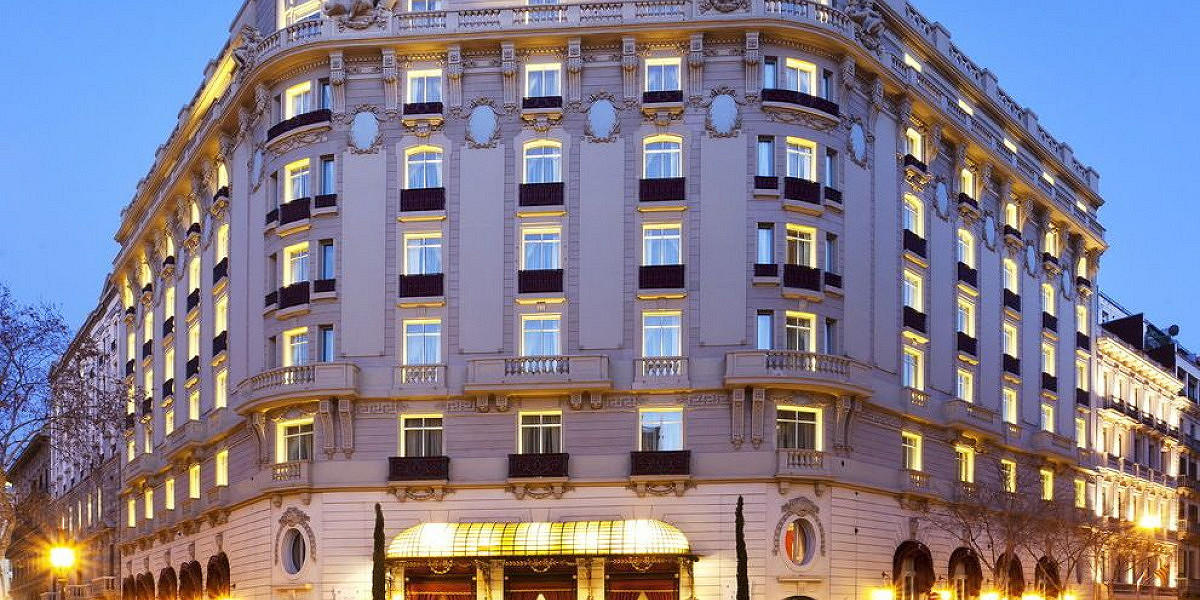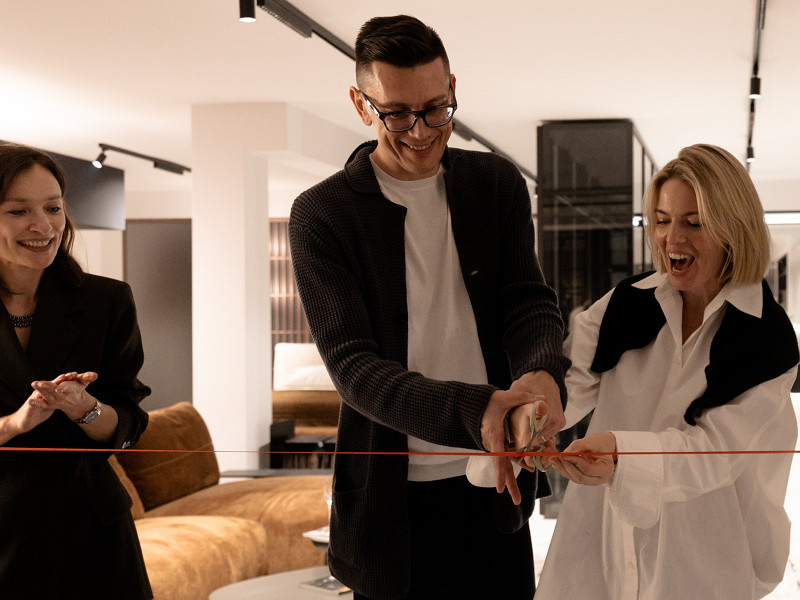
The Spanish Market on the Rise
The hotel real estate market in Barcelona is experiencing a new wave of activity. A record flow of tourists, strict measures to limit short-term apartment rentals, and a shortage of new hotel licenses have changed the rules of the game.
In recent years, alongside traditional investment targets—retail spaces with reliable tenants, restaurants, warehouses, offices, and shopping centers—investor interest has increasingly focused on the hotel sector. Hotels, especially those with an active tourist license, are now seen as one of the most stable sources of returns in the range of 5–7% per annum, becoming a prime target for both international funds and private investors.
According to experts at GG Real Estate Barcelona, hotels with an active license have become strategically important yet extremely scarce assets. Official data from the city council and INE show around 450–680 hotels in the city. The Catalan tourist accommodation registry gives a broader count—taking into account aparthotels, pensiones, hostales, albergues, and other licensed formats—at around 1,900–2,000 properties (as of 2024 estimates).
At the same time, only 50–70 properties are for sale on the open market—less than 4% of the city’s total hotel stock. Ruslan Gavrilov, CEO of GG Real Estate Barcelona, emphasizes:
“Selling a hotel in Barcelona is a rare event. Small hotels and boutique properties priced from €1 million to €5 million are usually put on the market when owners retire and no longer want to manage the business themselves. Large assets are sold as part of an investment fund or family trust’s portfolio diversification, when one asset is sold to acquire another. However, owners of large hotels can change their mind about selling at any time if they adjust their fund management strategy.”
Tourism Statistics: Spain and Barcelona
Spain continues to break records for tourist arrivals. In 2024, the country welcomed 94 million international tourists, up 10% from 2023. Industry revenues reached €126 billion, accounting for about 12.3% of the country’s GDP.
Barcelona remains one of Europe’s top tourist hubs. From January to June 2025, the city hosted about 7.6 million tourists, and together with the Destination Barcelona region, 12.5 million visitors. Despite moderate growth compared to the same period in 2024 (+1.0%), the economic impact rose by 4.6% to €6.77 billion, of which €5.04 billion came from the city itself.
The main tourist flow traditionally falls during the summer months, and by year-end, the total number of visitors to Barcelona is expected to exceed 30 million.
Hotel occupancy rates remain consistently high, driven by both foreign tourists and domestic travel. Tourists are spending more—growth in average spend and a rising share of the premium segment are boosting revenues for hoteliers and travel service operators.
Steady Demand for Key Assets
In the Barcelona and Catalonia markets, commercial spaces with anchor supermarkets—reliable tenants providing long-term contracts and predictable cash flow—remain in steady demand.
But hotels now occupy center stage in the investment agenda. Here, the market splits into two clear segments.
Small Hotels: The Choice of Private Investors
This category includes small hotels, hostales, and boutique hotels within the city and along the Catalan coast. The average price of such properties ranges from €1 million to €3–5 million.
They are usually purchased without an operator, for self-management. For many, this is not just an investment but a family-run business. Personal preferences play a big role here: the building’s atmosphere, location, and rebranding potential.
Large Complexes: A Game for Major Players
The upper tier of Barcelona’s hotel market includes properties priced from €10 million to €30–50 million, and sometimes over €100 million. These deals are almost always the domain of international funds and institutional investors.
The approach here is strictly professional: before purchase, the asset undergoes comprehensive due diligence, including a technical building inspection and a detailed analysis of financial performance over the past few years. This allows for an assessment of the asset’s current state and its long-term potential.
The negotiation stage is a story of its own. Large hotel owners often base their price expectations on a yield of 4–5% per annum, while funds target 5.5–7%. This difference turns negotiations into a strategic match where each side defends its position, knowing that tens of millions of euros are at stake. Ruslan Gavrilov notes that the ability to find compromise in such negotiations determines the success of the deal:
“Here, the winner is not the one who pushes hardest on price, but the one who offers a strategy that works for both sides.”
Locations That Determine Value
In Barcelona: Eixample, Gothic Quarter, Born, Diagonal–Rambla Catalunya — the most sought-after areas with maximum foot traffic and high rental rates.
Promising City Districts: Gracia, Sarria–Sant Gervasi, Poblenou — attractive to brands and investors focused on long-term capital growth.
Catalan Coast:
- Costa Garraf: Sitges, Gava Mar, Castelldefels.
- Maresme: Mataró — center of a construction boom.
- Costa Brava: Platja d’Aro, Lloret de Mar, Tossa de Mar.
License as Investment Gold
Demand is concentrated on properties that can be put into operation immediately:
- Operating hotels with strong occupancy rates.
- Buildings for renovation with a tourist license.
- Medium-sized hotels in central districts or suburbs with good transport links.
In the face of license scarcity, such properties become rare resources over which fierce competition unfolds.
GG Real Estate Barcelona Experts: Access to Off-Market Deals
GG Real Estate Barcelona is one of the few companies in Spain deeply integrated into the professional hotel market community. Our team of over 70 experts with more than 30 years of experience gives clients access to off-market hotel properties in Barcelona, Madrid, and the country’s tourist regions—assets that rarely appear on the open market.
Every significant hotel asset is represented by a law firm that handles all matters with potential buyers—from viewings to document transfers. This means that without experienced experts, navigating Barcelona’s hotel market is nearly impossible: you need to know the owner personally, understand their motivation for selling, and be able to negotiate in their interest. As Ruslan Gavrilov stresses, deep knowledge of local specifics and trust-based relationships with owners are the broker’s main capital in this market.
How We Work
- Define investment criteria and capital structure.
- Sign a fee acknowledgment agreement — a standard procedure confirming serious intent and opening access to information.
- Sign an NDA (non-disclosure agreement) to protect both parties’ interests and maintain trade secrecy.
- Negotiate with owners and agree on the format of cooperation.
- Organize property viewings.
- Sign an LOI (letter of intent) with an offer on price and terms.
- Conduct legal and technical due diligence.
- Close the deal with a notary.
Serious investments require a serious approach. GG Real Estate Barcelona ensures confidentiality, transparency, and results at every stage, giving clients access to the most valuable hotel properties in Spain.



